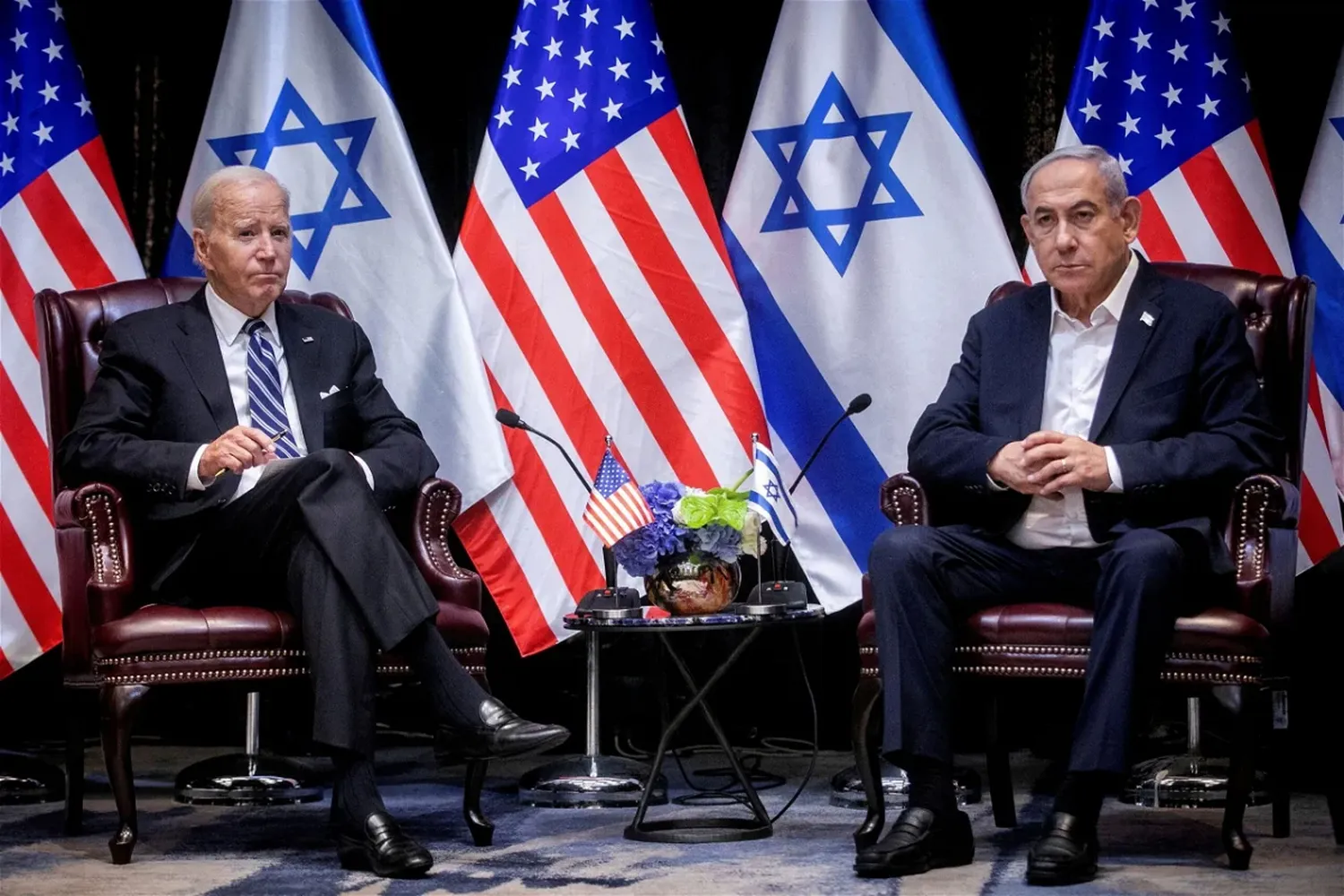Israel-Gaza
Biden tells Netanyahu an 'immediate cease-fire is essential'
In a significant development amid the ongoing conflict in the Middle East, President Joe Biden has communicated to Israeli Prime Minister Benjamin Netanyahu the urgent need for an "immediate cease-fire" to protect innocent civilians and improve the humanitarian situation in Gaza. This conversation, which marks a pivotal moment in the United States' stance on the conflict, underscores the growing concern over the humanitarian crisis unfolding in the region.
The call between Biden and Netanyahu, described as tense and challenging, lasted more than 30 minutes and came in the wake of a tragic incident that saw seven aid workers from the World Central Kitchen killed in an Israeli airstrike. The strike, which has drawn international condemnation, has added a new layer of complexity to the already strained relationship between the U.S. and Israel, with Biden expressing that the strikes on humanitarian workers and the overall humanitarian situation are unacceptable.
President Biden emphasized the need for Israel to announce and implement a series of "specific, concrete, and measurable steps" to address civilian harm, humanitarian suffering, and the safety of aid workers. He made it clear that U.S. policy with respect to Gaza will be determined by Israel's immediate action on these steps. This statement from the White House signifies a potential shift in U.S. policy, depending on Israel's response to the humanitarian crisis.
Secretary of State Tony Blinken echoed the president's sentiments, stating, "If we don't see the changes we need to see, there will be a change in our policy." This indicates a growing impatience within the Biden administration regarding the ongoing conflict and its devastating impact on civilians in Gaza.
The call reportedly came after an Israeli strike killed seven World Central Kitchen aid workers, with Biden under increasing pressure from members of his own party to push for a ceasefire and ensure Israel does more to allow aid into Gaza. The president's call for an immediate ceasefire is seen as his strongest push for an end to the fighting in six months of war, warning for the first time that U.S. policy on the war will depend on Israel's adherence to his demands.
The backdrop of this conversation is a conflict that has seen mounting civilian casualties and a humanitarian crisis in Gaza. The U.S. has provided robust support to Israel since the conflict's onset, but the recent incidents have led to a reevaluation of this stance. The Biden administration's call for an immediate ceasefire and concrete steps to protect civilians marks a critical juncture in the U.S.-Israel relationship and the broader dynamics of the Middle East conflict.
The Israeli military's actions in Gaza have been a point of contention, with international observers and human rights organizations raising alarms over the humanitarian impact. The killing of aid workers, in particular, has brought the issue to the forefront, prompting calls for accountability and a reassessment of military tactics in the region.
As the situation develops, the international community watches closely to see how Israel responds to the U.S.'s call for an immediate ceasefire and measures to mitigate the humanitarian crisis. The outcome of this dialogue could have far-reaching implications for the conflict in Gaza, the future of U.S.-Israel relations, and the broader quest for peace and stability in the Middle East.

